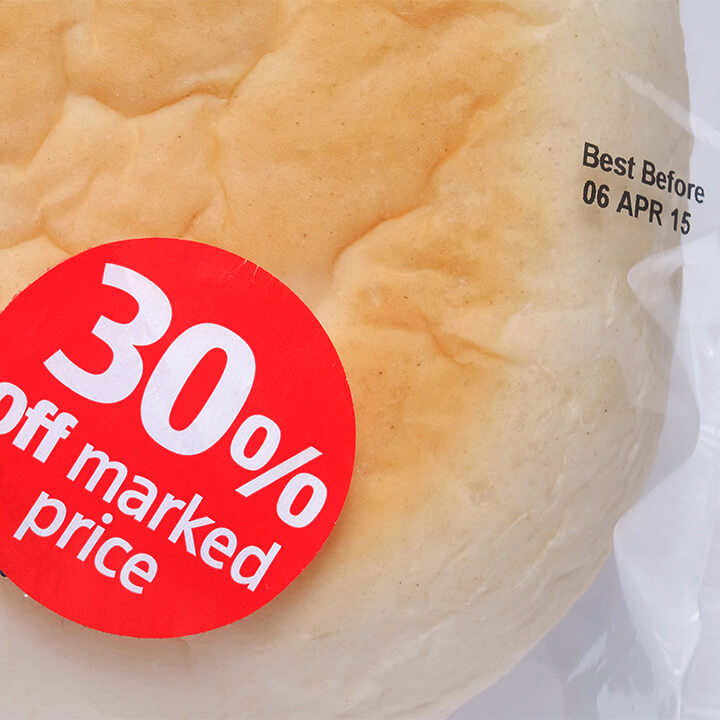Court confirms offering for sale out of date food is a criminal offence
13th May 2020
On 6 April 2020, the High Court (in R (on the application of Tesco Stores Ltd) v Birmingham Magistrates’ Court [2020] EWHC 799) was asked to determine whether offering food for sale that was past its use-by date amounted to a criminal offence under the Food Safety and Hygiene (England) Regulations 2013 (the Food Safety Regulations). The Food Safety Regulations make it a criminal offence to contravene or fail to comply with two pieces of EU food law, the Food Safety Regulation (EC 178/2002) and the Food Information Regulation (EU 1169/2011).
The EU Food Safety Regulation lays down the general principles and requirements of food law and food safety procedures and the EU Food Information Regulation sets out the information that must be provided to consumers (including use-by dates). The judgment hinged on whether, taken together, the two European regulations created an irrebuttable presumption that food past its use-by date was unsafe and that its sale was therefore a criminal offence under the Regulations.
The facts of the case were that Tesco Stores Limited had placed numerous food items on display which had gone beyond their use-by dates. Environmental health officers from Birmingham City Council had visited three Tesco stores between 20015 and 2017 and found items on display with expired use-by dates. Birmingham City Council charged Tesco with 22 offences alleging separate breaches of the Food Safety Regulations. Tesco accepted that all of the items had been offered for sale with expired use-by dates but denied that the foods were ‘unsafe’.
The burden of ensuring food safety is primarily imposed on food business operators (FBOs) which are under a duty to ensure that foods comply with the aspects of food law that are relevant to their activities. Article 24 of the Food Information Regulation states that in the case of foods which, from a microbiological point of view, are highly perishable and are therefore likely after a short period to constitute an immediate danger to human health, a use-by date must be shown and after that use-by date, food will be deemed as being unsafe.
The ‘deeming’ provision in the last sentence of Article 24 was the crux of the case. According to the judgment “it provides the critical link between use-by dates and the application of Article 14 of the Food Safety Regulations and is at the heart of this claim“. The judgment goes on to state that “on its face, it deems food beyond its labelled use-by date to be unsafe, so that, by Article 14 of the Food Safety Regulations it cannot be placed on the market“.
The court’s view was that the legislation was unambiguous, any FBO that places food that was past its use-by date on its shelves was in breach of the Food Safety Regulations and consequently committing a criminal offence.
WM comment
This judgment sets out clearly the interplay between all three pieces of food legislation. Once a use-by date has expired, there will be a presumption that the food is unsafe giving rise to strict liability under the Food Safety Regulations.

